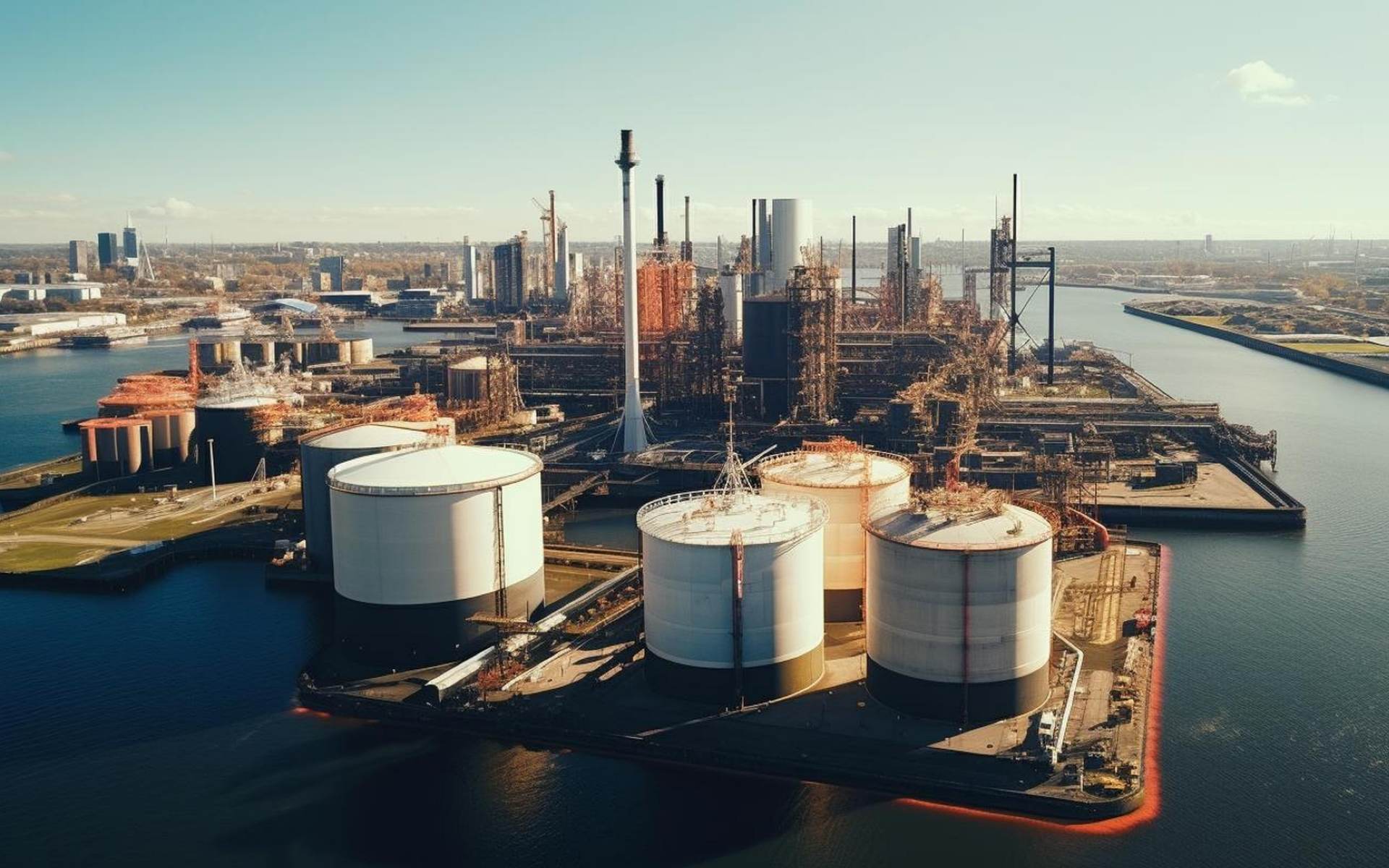Generation

Gas projects and renewables drive Mozambique’s energy strategy

With the $20bn onshore liquefied natural gas (LNG) project in northern Mozambique expected to resume development soon, the energy sector is seen as a significant catalyst for ramped-up growth in the country.
Even though the security situation in the Cabo Delgado area in which TotalEnergies is leading gas developments remains volatile, the French energy giant has announced that it plans to resume work at the site in late 2025 after a four-year delay.
The suspension of work four years ago followed attacks by Islamist militants on the nearest town of Palma and other areas, which have led to the deaths of several thousand people and the displacement of many others. The company hopes the force majeure declared in 2021 will be lifted by the government “soon” but meanwhile work has already resumed on the ground and Rwandan troops are among those guarding the site.
Total is the operator of the onshore LNG project, with a stake of 26.5%, followed by Japan’s Mitsui with 20%, while Mozambique’s state-owned Empresa Nacional de Hidrocarbonetos (ENH) has 15% and Indian state firms and Thailand’s state-owned PTTEP own the rest. The project’s completion would be a major shot in the arm for Mozambique’s vision of energy-driven growth, say analysts, and also a vote of confidence in the country. But even as the project has waxed and waned, work has continued on other major energy projects.












